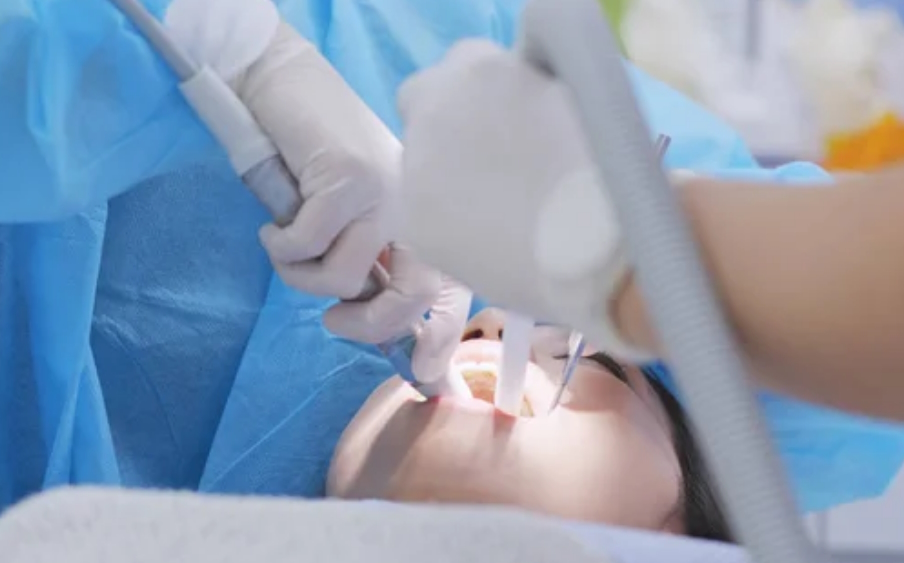Understanding the Need for Removal
- Written by NewsServices.com

Wisdom teeth, also known as third molars, are the last teeth to emerge in the back of the mouth. Most people develop four wisdom teeth in their late teens or early twenties, but these teeth often cause problems. Due to limited space in the mouth, they can become impacted, causing pain, infection, and damage to surrounding teeth. Wisdom teeth removal is a common dental procedure to prevent these issues. It involves a simple surgery that can be done under local or general anaesthesia, and patients typically recover within a few days. It's important to have regular dental checkups to monitor wisdom teeth and determine if they need to be removed.
Reasons for Wisdom Teeth Removal
There are several reasons why wisdom teeth may need to be removed. Here are some of the most common reasons:
Impaction: Wisdom teeth can become impacted if there is not enough room in the jaw for them to emerge properly. Impacted teeth can cause pain, infection, and damage to surrounding teeth.
Crowding: If the wisdom teeth push against other teeth as they emerge, they can cause crowding and misalignment of the teeth.
Infection: Wisdom teeth can be difficult to clean properly, which can lead to bacterial buildup and infection.
Decay: Wisdom teeth are prone to decay because they are located at the back of the mouth and are difficult to clean.
Cysts or tumours: In rare cases, wisdom teeth can develop cysts or tumours that require surgical removal.
Overall, wisdom teeth removal is a preventative measure to avoid potential dental problems that can arise from impacted or problematic wisdom teeth.
Risks and Complications of Wisdom Teeth Removal
Like any surgical procedure, wisdom teeth removal carries some risks and potential complications. Here are some of the most common ones:
Pain and swelling: It is normal to experience some pain and swelling after the procedure. This can be managed with pain relievers and ice packs.
Bleeding: Some bleeding is normal after wisdom teeth removal, but excessive bleeding may require additional treatment.
Infection: There is a risk of infection after wisdom teeth removal, which can be treated with antibiotics.
Nerve damage: The nerves that control sensation in the tongue, lower lip, and chin run near the wisdom teeth. In rare cases, these nerves can be damaged during the procedure, resulting in numbness or tingling in these areas.
Dry socket: This occurs when the blood clot that forms in the socket after the tooth is removed becomes dislodged, exposing the bone. It can cause severe pain and require additional treatment.
Sinus problems: Wisdom teeth removal in the upper jaw can cause sinus problems, such as congestion or sinus pain.
It's important to discuss these risks and potential complications with your dentist or oral surgeon before the procedure. Following the post-operative instructions carefully can help minimize these risks and promote proper healing.
Conclusion
In conclusion, wisdom teeth removal is a common dental procedure that is often necessary to prevent dental problems such as impaction, crowding, infection, decay, cysts, or tumours. While the procedure is generally safe, there are potential risks and complications to consider, such as pain and swelling, bleeding, infection, nerve damage, dry socket, and sinus problems. It's important to have regular dental checkups to monitor the development of wisdom teeth and determine if they need to be removed. If you are considering wisdom teeth removal, talk to your dentist or oral surgeon about the potential risks and benefits and follow their instructions carefully to ensure proper healing.














